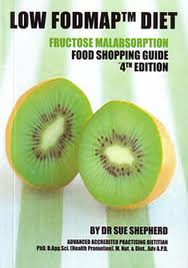IBS Symptoms: Common & Unusual IBS Symptoms
Plus What Causes Irritable Bowel Syndrome. Vancouver Dietitian IBS.
Irritable bowel syndrome (IBS) is a condition characterized by chronic abdominal pain and changes in bowel habits. The exact cause of IBS is not known, but it is believed to be the result of an interaction between various factors. IBS is one of the most common gastrointestinal (GI) disorders, affecting about 20% of the general population.
Common IBS symptoms include abdominal pain, bloating, gas, constipation, diarrhea and feeling bloated. There tend to be one or two predominant symptoms or triggers for IBS, which can make it harder to diagnose. However, with the right dietary and lifestyle changes, most people with IBS can manage their symptoms and reduce the frequency of flare-ups.



